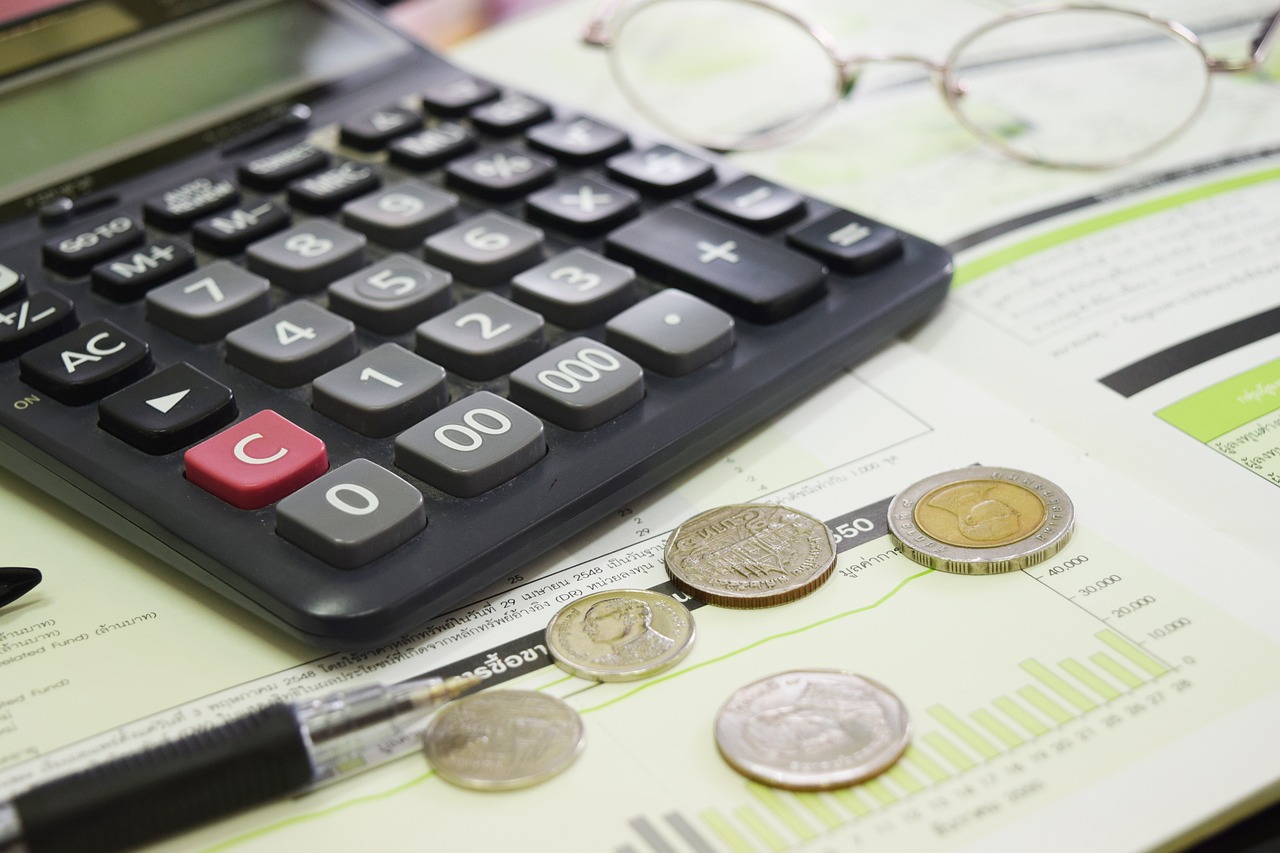
Behavioural Economics: A Catalyst for Forex Market Dynamics
As the study of how emotional, cognitive, and social factors influence individuals' economic decisions, behavioural economics is a driving force behind the forex market's fluctuations. While conventional economic theories assume rational decision-making, behavioural economics posits that investors often act irrationally, influencing market trends and shifting forex rates.
The Theory of Behavioural Economics
Behavioural economics combines psychology with economics to analyse how individuals actually behave, as opposed to how they should theoretically behave. Key tenets include:
Loss Aversion: The concept suggests individuals prefer to avoid losses rather than acquire equivalent gains, implying a skew towards negative outcomes.
Anchoring: This refers to the human tendency to rely too heavily on initial pieces of information (the "anchor") to make subsequent decisions.
Herding: It is the phenomenon where investors follow what they perceive others are doing rather than their own analysis.
Impact of Behavioural Economics on Forex Market
Decision-Making Process
Behavioural economics can significantly influence forex trading decisions. For example, the theory of loss aversion may cause traders to sell profitable positions too early to 'lock in' gains or keep loss-making positions in hope of a turnaround. Both scenarios can lead to sub-optimal trading outcomes and volatile forex rates.
Market Trends
Herding behaviour often leads to overbuying or overselling of currencies, creating bubbles or crashes in the forex market. Additionally, anchoring can cause traders to hold outdated views of currency values, driving divergence between actual and theoretical market prices.
Risk Management
Behavioural biases can lead to poor risk management, where traders ignore fundamental analysis and rely on instincts or emotions. These misjudgments can escalate market volatility, leading to significant fluctuations in currency exchange rates.
Implementing Behavioural Economics in Forex Trading
Understanding behavioural economics can aid forex traders in navigating the complex market landscape. Traders can:
- Adopt self-awareness of biases to make more rational decisions.
- Use automated trading systems to minimize emotional interferences.
- Follow a disciplined trading approach, resisting the urge to follow the crowd.
Conclusion
Behavioural economics offers a unique perspective on the dynamics of the forex market, contributing to market volatility and currency valuation changes. By understanding its implications, forex traders can mitigate behavioural biases, enhance decision-making processes, and optimize investment outcomes.
In the realm of economics, where hard numbers and theoretical models traditionally rule, the human element—our irrationalities, our fears, our herd instinct—remains a potent, unpredictable force. Recognising this is the first step towards more effective strategies in forex trading and beyond.
From now on, perhaps, every time we look at the forex rates scrolling across the screen, we might see not just numbers, but the hopes, fears, and biases of the traders behind them. In the end, it's not just economics; it's behavioural economics.